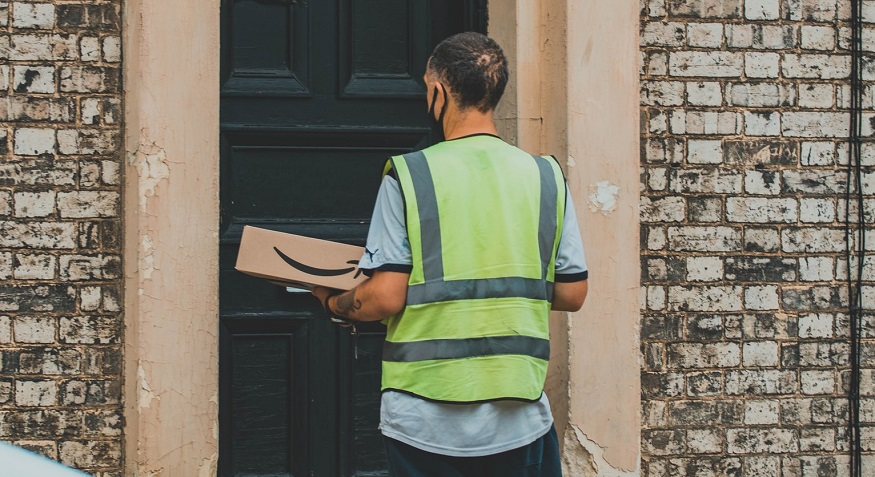A labor agency has announced that it will be boosting the coverage for fulfillment center employees.
A Washington state labor agency has announced its plans to boost Amazon workers’ compensation for employees at the fulfillment center in the state.
The move was justified by what it called a more hazardous environment than other warehouse types.
The state’s Department of Labor and Industries had already announced that it would be raising the premium rates for this coverage by 15 percent starting at the beginning of 2021. By boosting the coverage, this may cost the online marketplace giant millions more per year, according to an earlier report published in the Seattle Times.
Amazon workers compensation for fulfillment center employees had previously been calculated based on other types of warehouses. Premium rates were tallied under the assumption that risks would be comparable in terms of the number of injuries within certain industry-specific risk classes.
However, some recycling facilities and grocery distributors criticized this strategy, arguing that Amazon’s twenty-four fulfilment centers across the state had higher rates of injury. As a result, this was driving the premiums higher across the entire industry. This coverage has seen an average rate increase of 18 percent since 2019.
The labor agency determined that Amazon workers compensation was in a unique class.
“Bottom line, fulfillment centers are very different from a warehouse,” explained Wshington Food Industry Association president Tammie Hetrick. That association represents grocery distributors. “When Amazon had a poor performance, it affected everyone within the risk class.”
Officials from the labor department examined Amazon workers’ compensation claims from its facilities from 2014 through 2018. They determined that claims have nearly tripled within that time. On the other hand, warehouse claims from non-Amazon facilities have undergone a steady decline.
“The best way for Amazon to lower its premiums is to invest more in worker safety,” said Washington state’s American Federation of Labor and Congress of Industrial Organizations labor council government affairs director, Joe Kendo. He also pointed out  that this could, in part, suggest that the ecommerce giant permit worker unionizing to reduce Amazon workers compensation claims and premiums.
that this could, in part, suggest that the ecommerce giant permit worker unionizing to reduce Amazon workers compensation claims and premiums.

